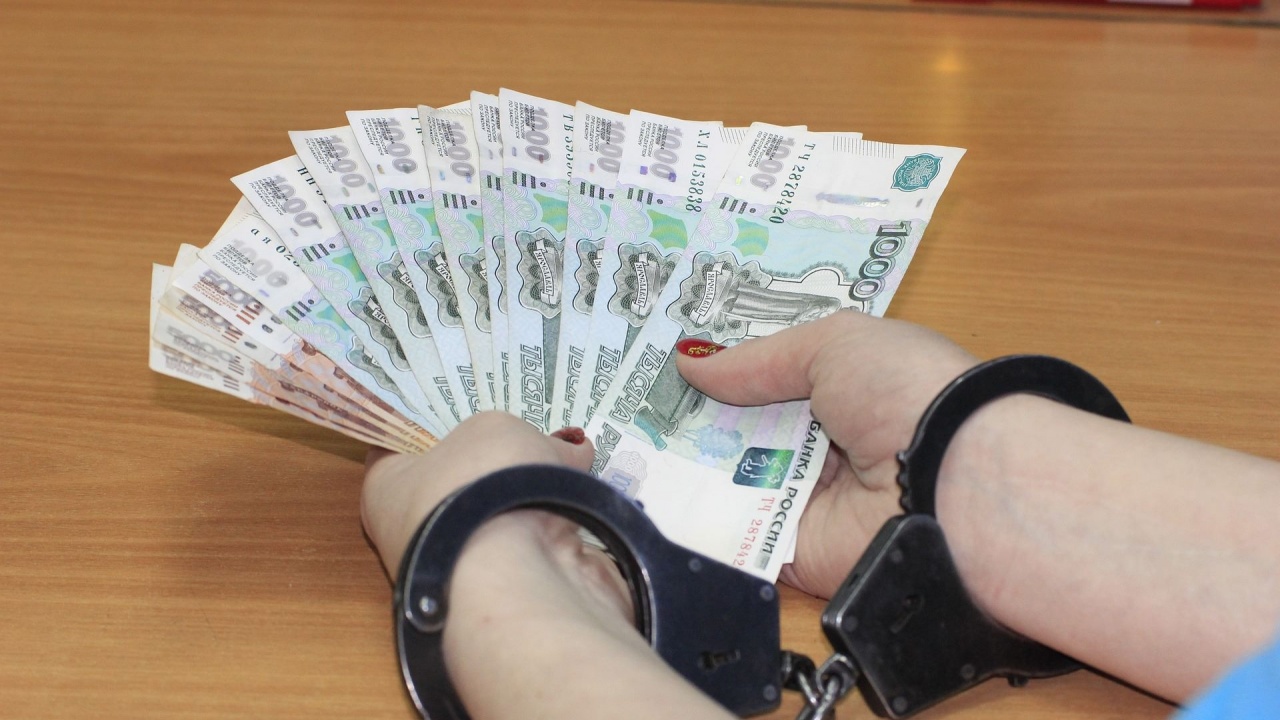The anti-corruption model at the local level between centralization and decentralization.
Since the beginning of 2009, a legal regime has been operating in Bulgaria, which aims to stop the personal favoring of persons exercising official functions, including persons from the local administration in the performance of their official duties.
During this period of time, the following were adopted: Law on Prevention and Identification of Conflict of Interests / ZPUKI, updated SG no.
94/31.10.2008, in force from 01.01.2009, repealed
canceled
DV.
no.
7/19.01.2018/ and Law on Combating Corruption and Confiscation of Illegally Acquired Property /ZPKONPI, updated SG no.
7/19.01.2018, latest amendment SG No. 104/30.12.2022/.
What exactly is this mode?
In general, it is publicly recognizable as the fight against corruption.
We remind you that corruption according to Bulgarian legislation is present when, as a result of the high public office held, the person abuses power, violates or fails to fulfill official duties with the aim of directly or indirectly obtaining an improper material or immaterial benefit for himself or for other persons / Art.
3, para.
1 of ZPKONPI/.
The forms of fighting corruption are exhaustively listed in para.
2 of the said text.
Seven of these forms are also applicable to local administration:
the declaration of incompatibility;
the declaration of property and interests;
the provision of public access to these two types of declarations;
verification of declarations;
the establishment of a conflict of interest and the imposition of sanctions and other measures in the event of an established conflict of interest;
public disclosure of the names of the persons who did not submit declarations or in whose declarations a discrepancy was found, and of the names of the persons for whom a conflict of interest was established;
referral to the competent authorities in the cases provided for in the law.
The reason for this is that the employees of the local administration are not obliged persons under Art.
6, para.
1 of the current law /unlike the mayors, municipal councilors and chief architects/, but according to paragraph 2 of the Additional provisions of the ZPCONPI, the provisions of chapters five, eight and fifteen of the ZPCONPI apply to them accordingly.
To this category of persons we should also add the mayor's deputies and the secretaries of the municipalities, the representatives of the municipalities in the management or control bodies of commercial companies with a municipal participation in the capital or of legal entities with a non-profit purpose, as well as those appointed in the municipal enterprises / see Art.
1, para.
2, item 1, item 2 and item 5 of the Ordinance on the organization and procedure for verification of declarations and for establishing conflict of interests, renewed SG no.
81, 02.10.2018/.
For this reason, the employees of the local administration submit declarations in accordance with paragraph 2, para.
2 of the DR of ZPKONPI before the appointing authority, in this case – the relevant municipality.
Exceptions to this condition are mayors of town halls who submit declarations to a permanent committee of the respective municipal council.
Obligations of the respective municipality
By law, each municipality must:
to maintain a public register of submitted declarations;
to appoint a committee of municipal employees;
to approve internal rules for the specific organization of this activity / see
Art.
10 of the Ordinance/;
to verify the declarations, including establishing inconsistencies and conflicts of interest and imposing the resulting administrative sanctions;
in the event of a discrepancy in the amount of not less than BGN 5,000, to notify the National Revenue Agency;
in the case of establishing a conflict of interests, to notify the district prosecutor's office, in the case of a crime, to refer the relevant prosecutor's office as well/ cf.
Art.
75, item 3 and art.
77 of ZPKONPI/;
to receive and consider signals with data on a corruption violation or conflict of interest / see
Art.
6 of the Ordinance/;
to sanction the employees who disclose information about the inspected persons under Art.
49, para.
1 of ZPKONPI.
In conclusion
It can be seen that the municipal administration is charged with a rather circumstantial and complex activity.
Over the years, the check-and-counter model has changed, and by examining some practices, we should be convinced whether this model works or not.
Just from checking the websites of several municipalities a week ago, we found that there is no publicly visible trace of this activity, although there are legally scheduled obligations.
*Title is the editor's
corruption
IPI
Ivan Bregov
